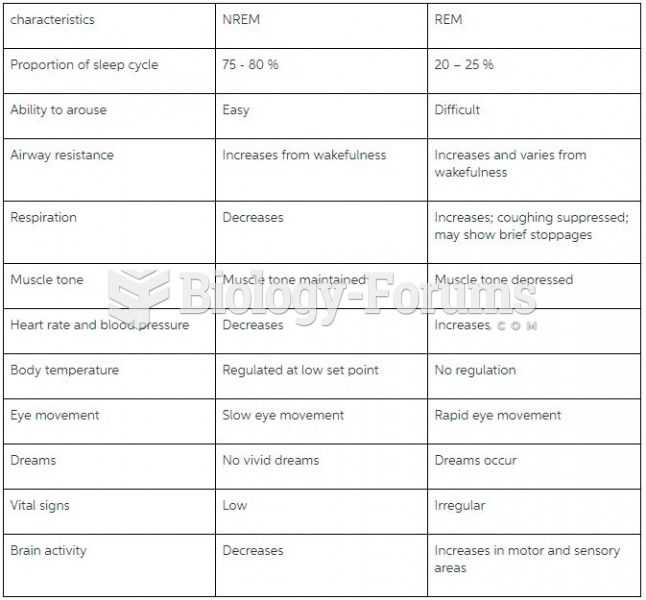Answer to Question 1
Answer: D
Explanation: A) Incorrect. This is an element of personal power. The position characteristics that foster power include centrality, flexibility, visibility, and relevance.
B) Incorrect. This is an element of personal power. The position characteristics that foster power include centrality, flexibility, visibility, and relevance.
C) Incorrect. This is an element of personal power. The position characteristics that foster power include centrality, flexibility, visibility, and relevance.
D) Correct. The position characteristics that foster power include centrality, flexibility, visibility, and relevance.
E) Incorrect. This is an element of personal power. The position characteristics that foster power include centrality, flexibility, visibility, and relevance.
Answer to Question 2
Answer: A
Explanation: A) Correct. Every organization has a set of values that has developed during its life cycle. When an action or behavior is consistent with these values, it is deemed credible by other organizational members. This credibility gives rise to acceptance of the individual and, in turn, personal influence.
B) Incorrect. Though policies, procedures, and rules can sometimes reflect organizational values, legitimacy is not directly linked to policies and procedures. Every organization has a set of values that has developed during its life cycle. When an action or behavior is consistent with these values, it is deemed credible by other organizational members. This credibility gives rise to acceptance of the individual and, in turn, personal influence.
C) Incorrect. Legitimacy is a source of personal, rather than positional, power. Every organization has a set of values that has developed during its life cycle. When an action or behavior is consistent with these values, it is deemed credible by other organizational members. This credibility gives rise to acceptance of the individual and, in turn, personal influence.
D) Incorrect. Educational credibility would be related to expertise, rather than legitimacy. Every organization has a set of values that has developed during its life cycle. When an action or behavior is consistent with these values, it is deemed credible by other organizational members. This credibility gives rise to acceptance of the individual and, in turn, personal influence.







